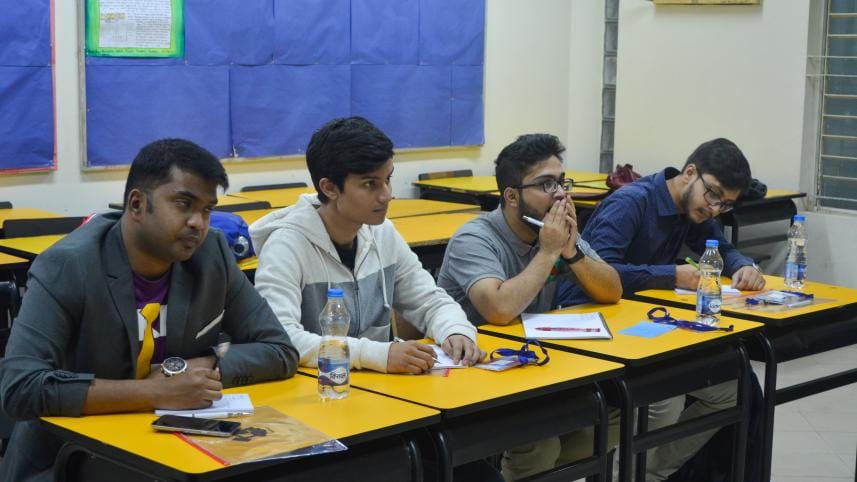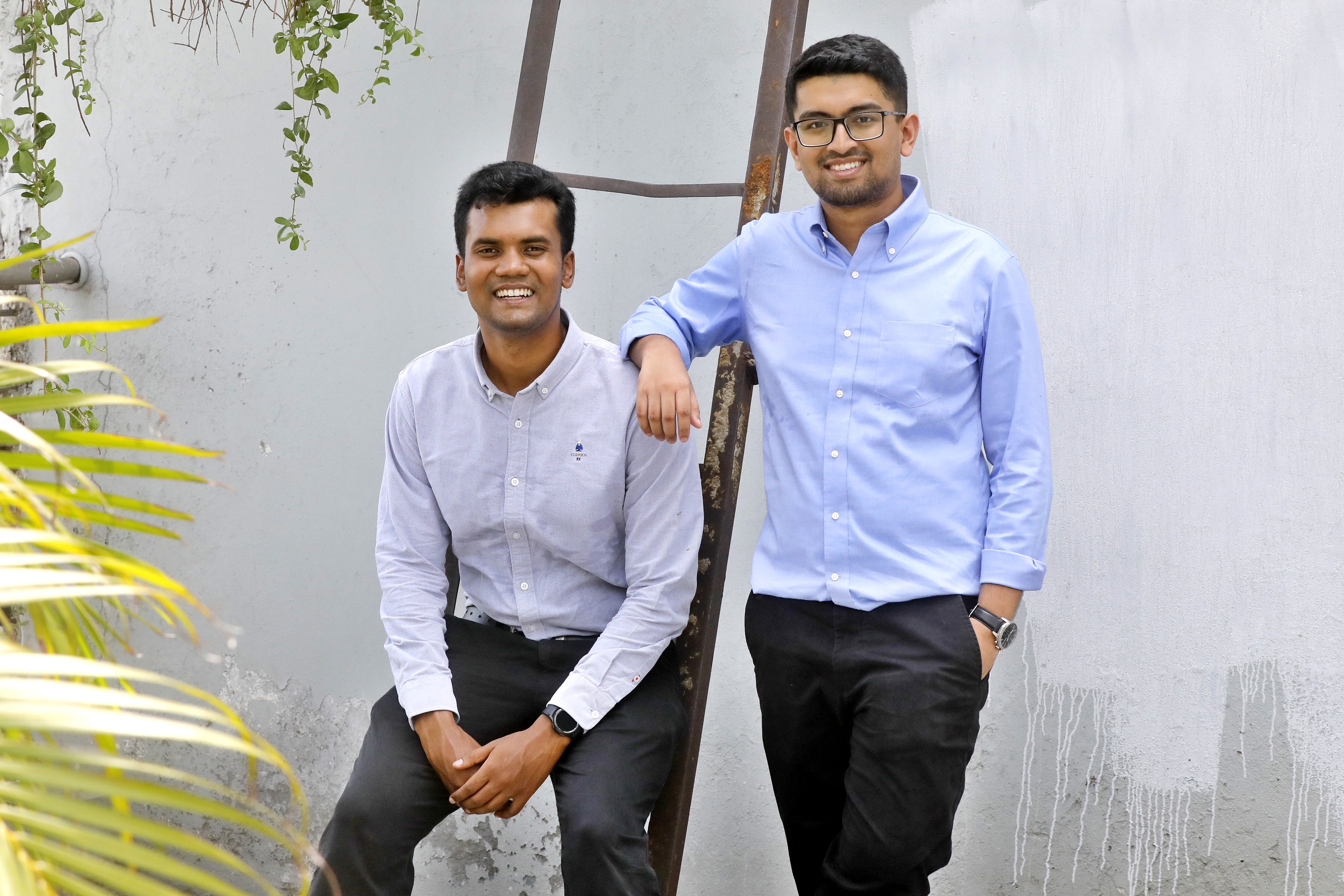How to get started with debating

Every time I get a message from a junior or a peer asking me for help on how to join debating, the most I can do in my limited capacity is suggest they join their school's debating club. Since that, for obvious reasons, is not a viable option for many, here is an article for absolute beginner debaters who find themselves lost when trying to get started with the sport, and some observations for returning debaters as well.
This article will be segmented into two broad sections: the first one having technical advice on suggestions on how to get started with it as an absolute beginner, and the second one taking a more holistic approach and talking about what distinguishes debating from any other sport. Do excuse me if certain biases stemming from my unfaltering obsession with debating seeps through the writing. I will try my best to present to you blunt facts and total honesty on what debating gives you and takes away from you.
So then, onto the first part and basically what everyone is reading this article for – how can you, as an absolute beginner, get started with debating?
I would like to start off by saying that there is a huge difference in the skills and knowledge you require to start debating as opposed to actually getting good at it. Just about anyone can give an 8-minute speech on a topic, that doesn't stay a problem for long. The first barrier to entry most people will face, therefore, is the inevitable nervousness of speaking in front of a crowd.

If you feel nervous at any point in time while giving a speech, or feel like you're not confident enough, or are scared of facing an audience, know that you are not alone in feeling this way. I cannot possibly think of one person who did not fumble or under-time when giving their first speeches. The more you expose yourself to speaking publicly (and this can look like doing extempore speech or turncoat competitions or just showing up to debate practice in general), the easier it will get with time.
A universal tip that I have heard from almost every single one of my debate coaches is to practice in front of a mirror. So, if you're just starting out, try to do that at your home.
The second most basic part of your journey through debating is to, as you can probably guess, stay aware of current events. With social media dishing around news in the form of byte sized content at the rate that it does today, it's hard for an individual to not be in touch with what's going around in the world around them. To get really good at it though, you are going to have to read more articles, watch more matter-heavy videos, and in general get a deeper understanding of how the world around you works.
Lastly, start watching World Schools Debating Championships (WSDC) or World Universities Debating Championship (WUDC) videos on YouTube. Unless you're under the guidance of a coach, this is the only sure-shot way for you to see how a debate plays out in tournaments, and learn about all the speaker roles. Sure, the videos are long, but if you can sit through one of them fully, you're already doing more than what we debaters do for preparation.
As far as extracurricular activities go, debating is one of the most refined and exceptional ones. The reason I say this is that not only does it take raw skill and intellect for you to be a good debater, it also requires copious amounts of instantaneous brainstorming in ways that no other activity will demand from you.
I think to an extent, debate is the only extracurricular that you don't have a set syllabus for. You can, to an extent, create a fixed syllabus for when you are preparing for Olympiads, MUN events, or for learning music. However, debating catches you completely off guard. The range of topics you will be asked to debate on is infinite, and it will range from things like relationships to foreign policy.
You have to have well-rounded ideas on real world topics in order to pursue debating, and this is something that makes debating all the more unique and challenging.
Aonkita Dey, former member of Team Bangladesh and current coach of Greenherald Debating Society says, "While people mistake debating solely as an academic extracurricular activity, I believe that it is a sport. Sure, there's no physical exertion but just like sports there is no shortage of adrenaline, rivalries and icons in debating. And, in order to succeed, you need the same kind of dedication, discipline, and drive."
It is all encompassing. Everything you look at or interact with on a daily basis has a history to it that will help you in debates, be it about the exploitative nature of the K-pop industry, a local election in a developing nation, or influencer culture.
One thing nobody really talks about a lot is that debating, once you start really getting involved in it, gets depressing. You get into the habit of digging into the history behind everything that goes on around you, and the more you research, the more pessimistic your world view gets.
In its own twisted way, debating also teaches you to be empathetic to a certain extent, and a lot more receptive to other people's views. When you start practicing the sport, you figure out that not only are there explanations, but profound logical explanations to just about any view in the world. And any view that you may consider "wrong" can be broken down by means of objective, calculated analysis instead of mere rhetoric and stubbornness.
A huge chunk of debating is just predicting – predicting how people, nations, companies, or entities will respond and react to a shift or change in the status quo. With enough persuasive powers, you can make just about anything sound likely to happen. Call it a con art if you will, but there is something so wickedly beautiful about selling something completely false as the truth, the whole truth, and nothing but the truth.
Koushin Unber merges all her hobbies into one piece of output to save time and effort. Send her more life hacks at koushinunber27@gmail.com



 For all latest news, follow The Daily Star's Google News channel.
For all latest news, follow The Daily Star's Google News channel. 
Comments